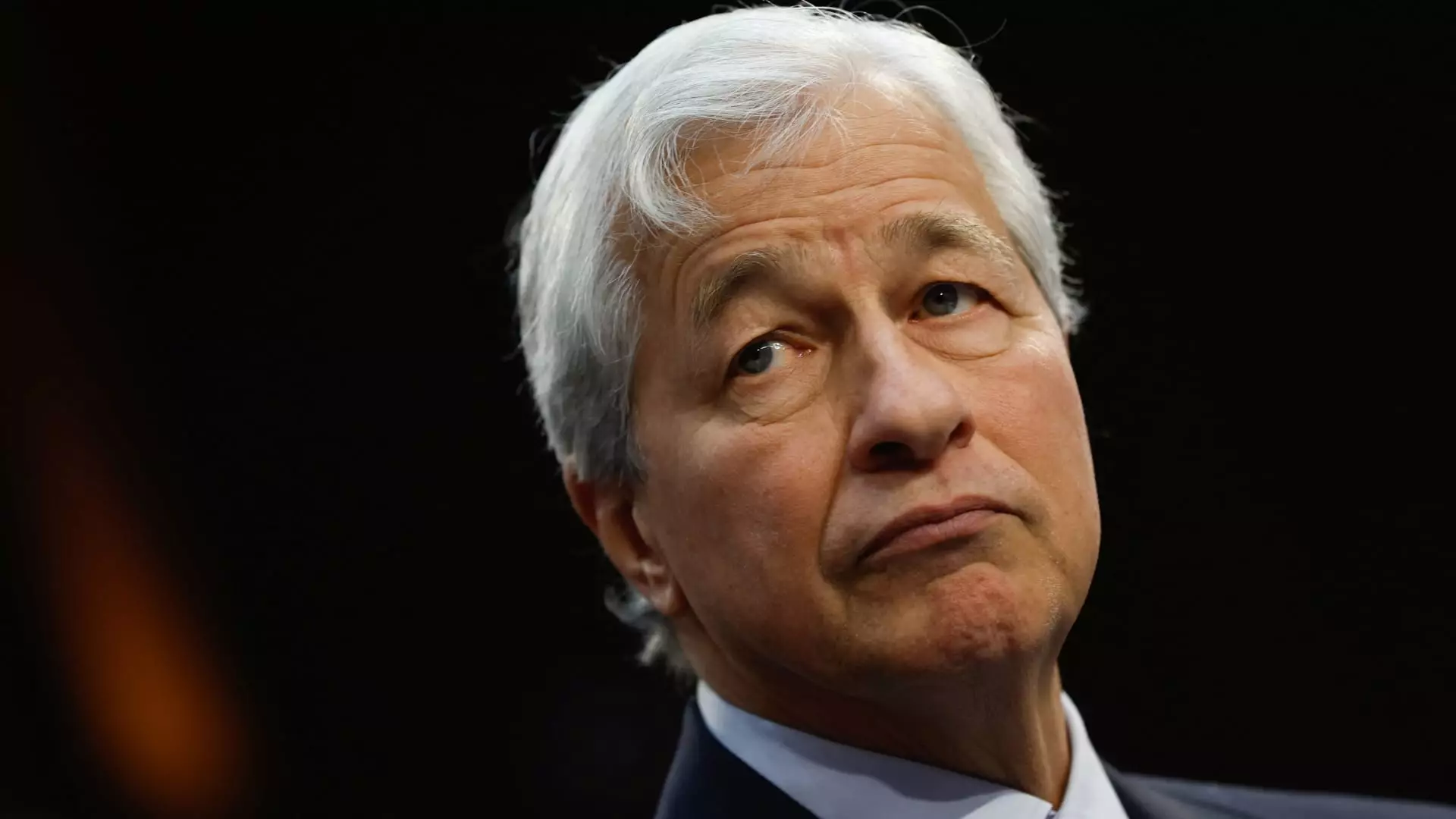In a recent statement, JPMorgan Chase’s CEO Jamie Dimon highlighted increasing global tensions arising from ongoing conflicts, particularly in the Middle East and Ukraine. His assessment indicates a landscape fraught with peril, where geopolitical disputes are intensifying and influencing economic stability. Dimon expressed profound apprehension regarding the humanitarian crises associated with these conflicts, emphasizing that the outcomes could reshape not only economic trajectories but also the essence of international relations established post-World War II. Much like a chess game where every move has consequences, the world’s leaders are at a critical juncture where strategic decisions must be made to avert further escalation.
During a recent address at Georgetown University, Dimon underscored that the current geopolitical tensions require robust American leadership and collaboration among Western allies. He remarked that the complexities of rising U.S.–China relations and the potential for nuclear threats from nations like Iran, North Korea, and Russia have entered a dangerous phase. Dimon’s concerns seem to resonate with a broader sentiment regarding the necessity for decisive diplomatic actions to prevent a further downward spiral. The significance of strong leadership is paramount, particularly in a world moving swiftly towards instability, where the decisions made today will echo for generations.
The Middle East Conflict Escalates
The ongoing war between Israel and Hamas, now over a year old, represents a particularly harrowing chapter in this narrative of conflict. The violence has escalated into wider regional confrontations involving groups such as Hezbollah and international players like Iran, all resulting in a staggering loss of life and human suffering. With Iranian missile strikes against Israel and retaliatory airstrikes resulting in casualties in Beirut, the potential for an all-out regional conflict looms large. The continued unraveling of security in this region does not solely impact local populations; it sends ripples through global markets, heightening investor anxiety.
On the European front, the situation in Ukraine remains precarious, illustrated by Russia’s recent budget increase to elevate defense spending by 25%. This maneuver signifies a steadfast commitment to its military operations in Ukraine, which analysts believe could exacerbate the conflict. Dimon’s commentary on the economic ramifications of these multifaceted crises cannot be overstated. While there are signs of resilience and a relatively stable U.S. economy, they coexist with significant challenges, including persistent inflation, substantial fiscal deficits, and looming trade reorganizations. The interplay between these issues could lead to unforeseen economic downturns in a fragile global context.
Jamie Dimon’s reflections on the pressing geopolitical risks present a clarion call for vigilance. As the world navigates an increasingly volatile environment, the interconnectedness of conflicts and economies becomes ever more apparent. It is not merely an economic issue but a critical juncture for world stability and peace. The necessity for effective leadership, thoughtful diplomacy, and proactive measures cannot be overstated, as these elements will ultimately dictate the course of future global relations. Recognizing and addressing these challenges is essential if we aim to avert a broader crisis that could have long-lasting ramifications.

